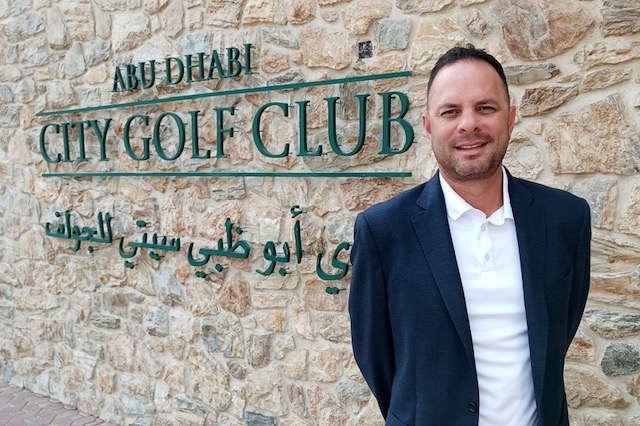
Members are the life-blood of many clubs; failure to convert them can prove expensive in both the short and long-term. But maximizing the opportunities which present themselves often comes down to having the correct person adopting the correct policies.
Yet one of the most overlooked aspects of converting a prospect comes at that very first stage: the answering of the call. Firstly, it’s essential that the correct person is available to answer the call. Those who hesitate are lost, and so are those who are not there in the first place.
Ask yourself how many opportunities are lost if the phone goes unanswered? Or if the correct staff member is on holiday or sick? So, when you consider that on only 58% of occasions did our mystery testers get to speak to the correct person on the first attempt of calling – according to the 59club industry score – we begin to appreciate how many opportunities may be lost.
That’s effectively twice in every five calls a prospective member speaks to the wrong person, necessitating a call-back. Worse still, what if the prospect calls a competitor while waiting for your return call, and they went on to impress them so much that they signed up!?
One of the most important aspects of the initial enquiry call is the art of building a rapport with the caller. This comes naturally to an engaging staff member, but this technique is lost when the wrong person tries to deal with an enquiry.
An engaging staff member will attempt to build a rapport; asking the prospect about their golfing background, how often they play, where, and what is their handicap, all simple conversation pieces. Yet the industry are only getting 28% of the picture, while the best-performing clubs glean a much better understanding of their prospects, as they achieve 77%.
Asking what has prompted the enquiry is likely to provide you with further valuable information. They may, for example, be a member elsewhere and be unsatisfied with the condition of the course, or a lack of investment, allowing the staff member to respond with positives about the excellent course condition and raft of recent and future investments. This is designed to edge the caller towards a positive outcome, both now and then later in the sales process when they visit the club.
There are countless reasons why somebody will make the initial call; employees who fail to delve into them will find it harder to persuade the prospect to put pen to paper. The podium performers have realised this and without fail, they established what prompted the membership enquiry every single time; the industry asked the question 70% of the time.
Furthermore, establishing the caller’s primary requirements for a membership - competitive golf, the social aspect, entertaining clients, meet new people etc - leads to other opportunities that will relate to their needs, with the intention of exciting them at the thought of a membership later in the call. Again, the podium score reflects the success therein with 86%, while the industry average drops to 44%.
Effectively, taking the last three areas together, it’s clear that industry-wide we’re failing to establish the caller’s history and membership needs on every other occasion.
A further vital question is required to establish whether the caller is also contacting other clubs with the same enquiry. With relevant SWOT analysis of your competition, your staff are in an ideal position to stress your strengths over your rivals’ weaknesses, without the need to openly criticise them.
However, the importance of this approach seems to be lost on many clubs; with a podium score of just 50% and, even more disappointingly, an overall industry rating of just 14%.
Using all of the personal information gleaned, you are now in a position to make a ‘related’ promotion of the member services, club facilities and USPs, for how else is one to excite the caller? Yet, despite the obvious importance of this action, the industry comes in with a rating of just 55%, and the podium not much higher at 72% when analysing their promotion.
Now that the prospect is excited at the thought of membership, the emphasis is to encourage the individual to visit the club in order to view the facilities and discuss member benefits further.
In future issues, we will look at how the membership sales appointment should be structured.
If you would like to take a closer look at the membership sales process, visit the 59club Mentor education platform to fill any shortcomings in your member sales enquiry process.





